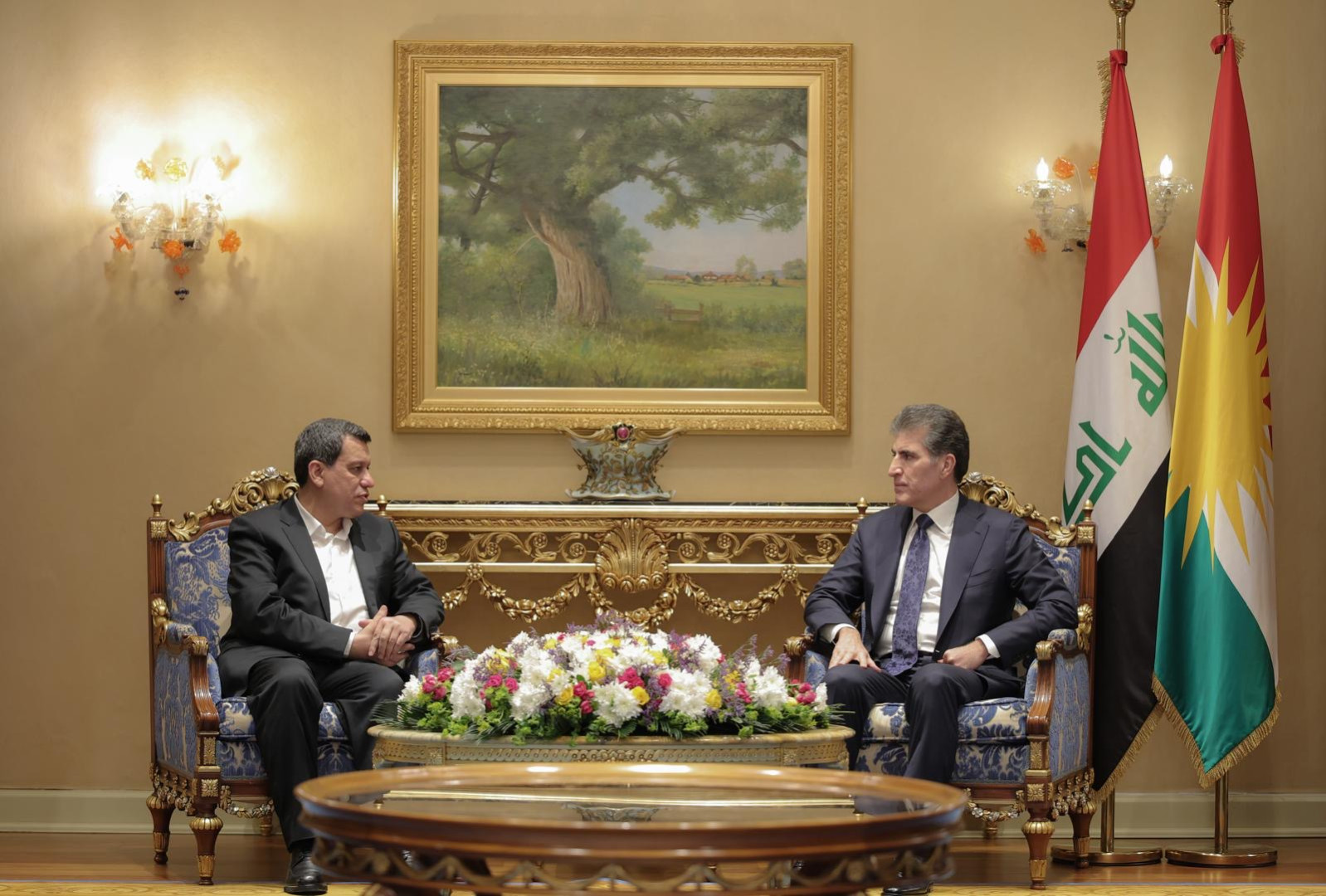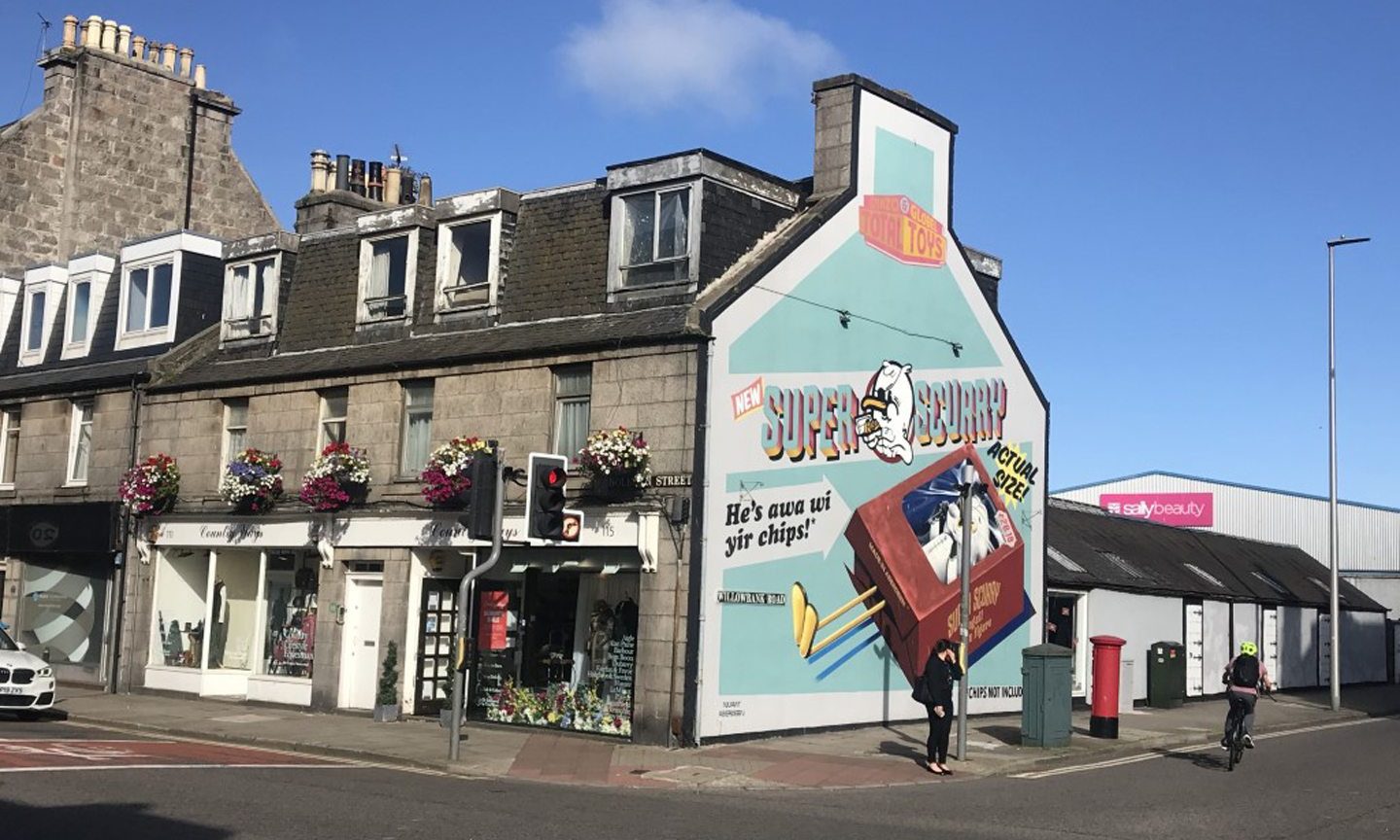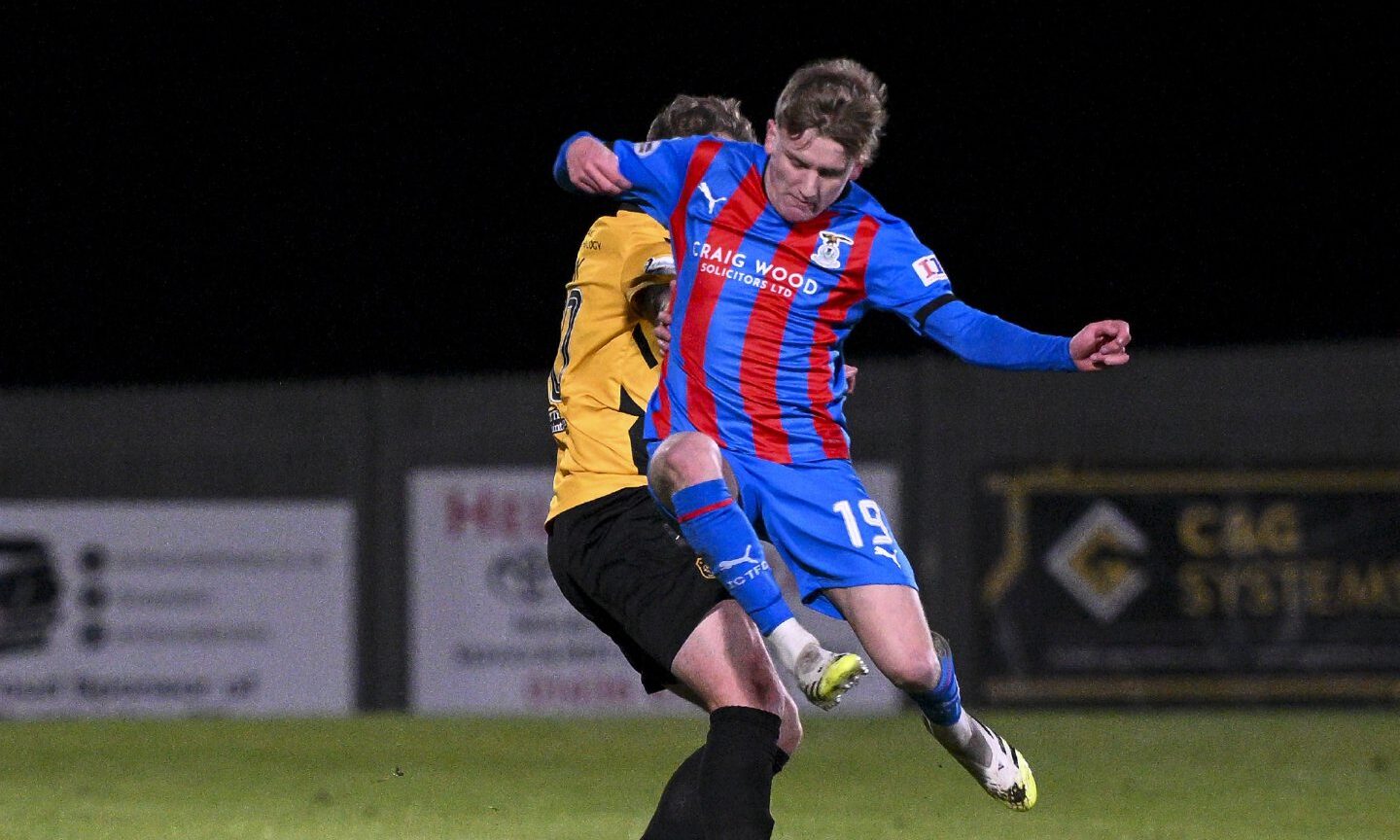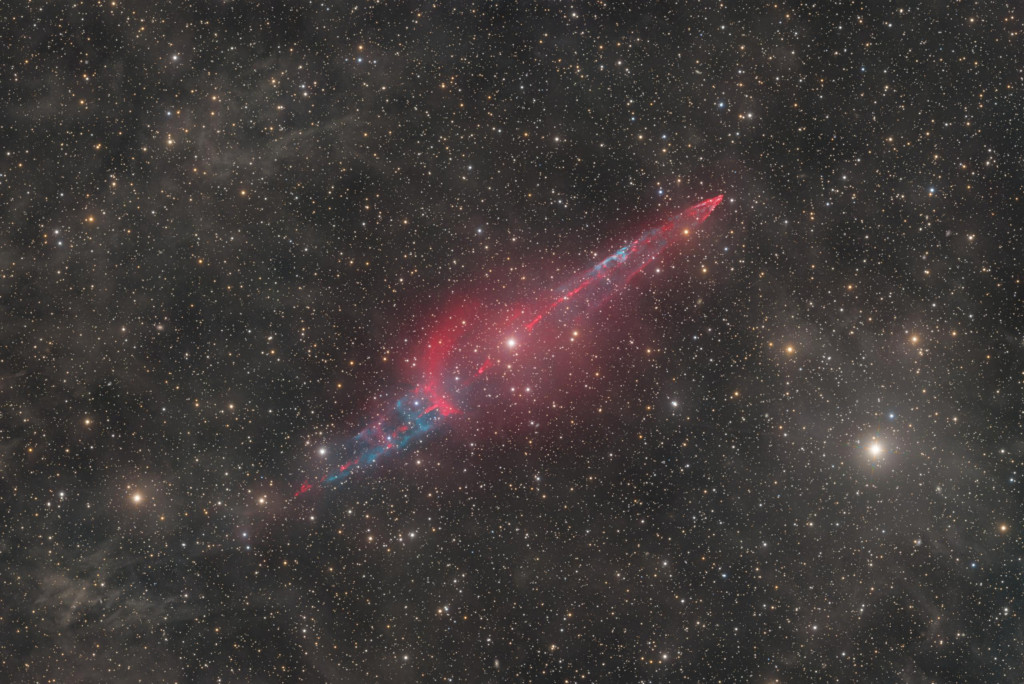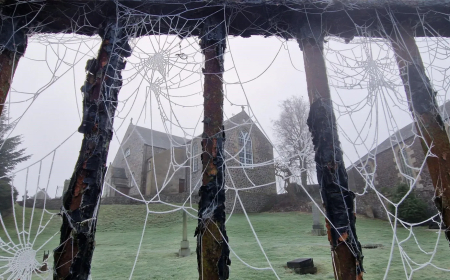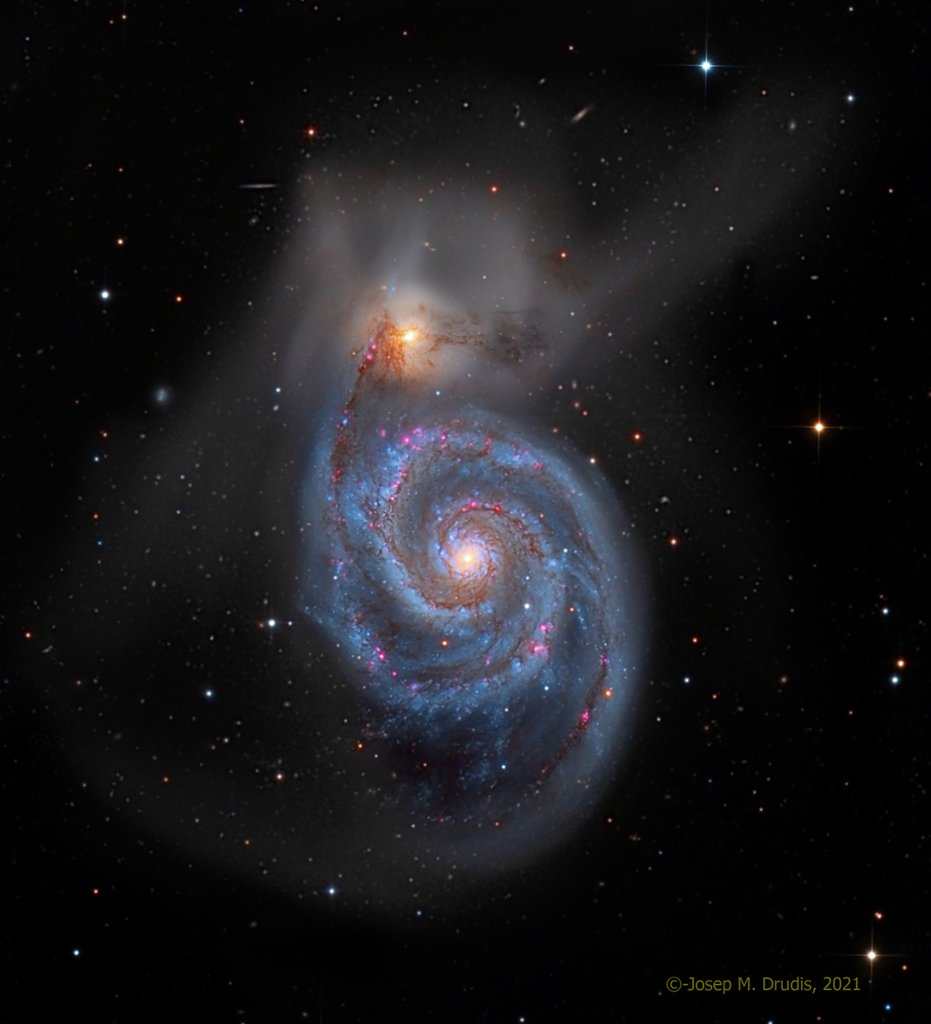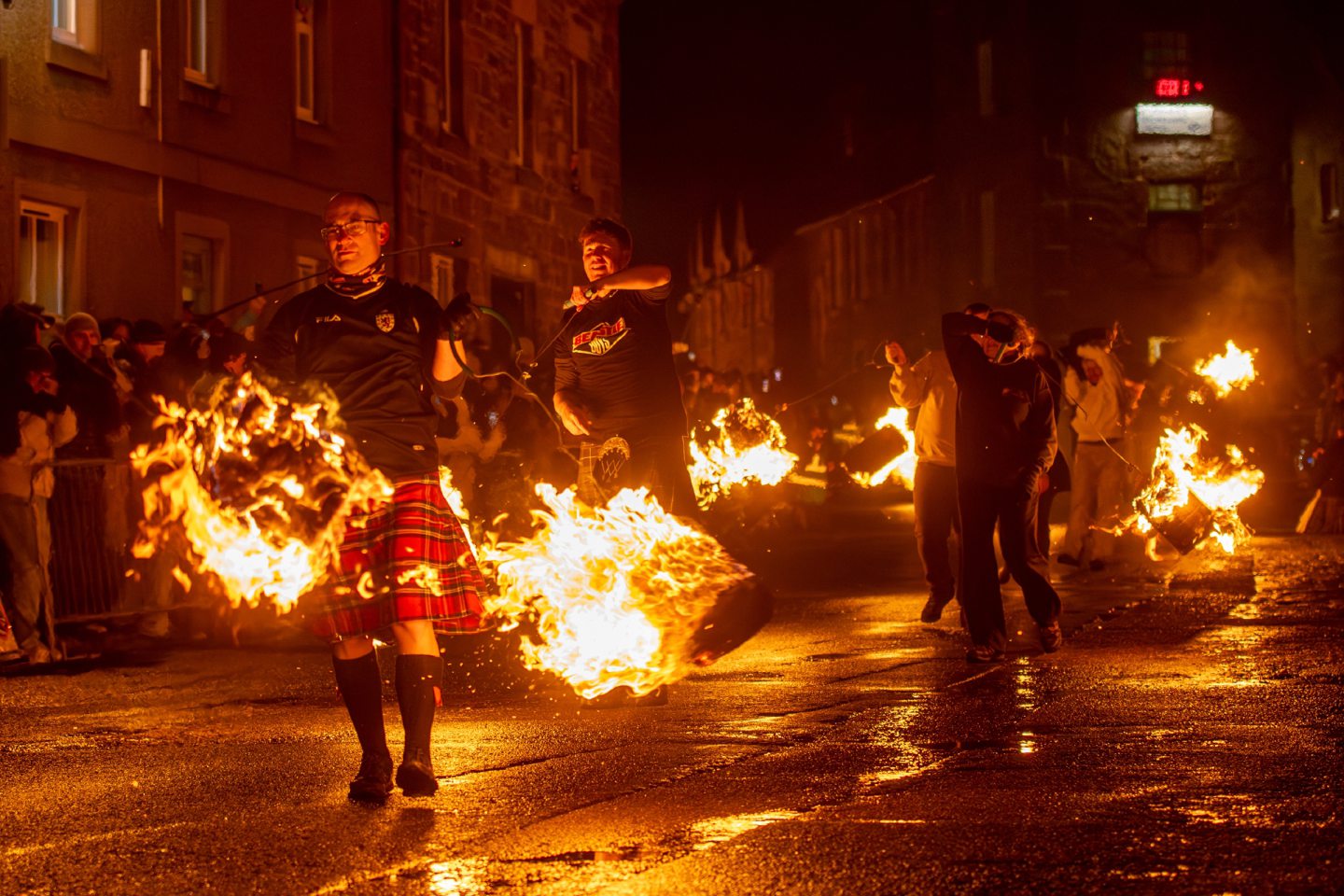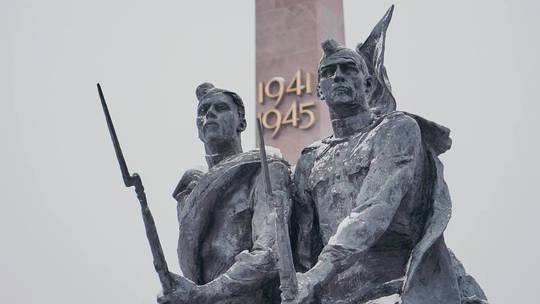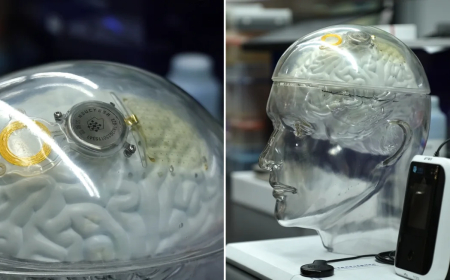The Rev Martin Smyth, Unionist politician who fought for majority Protestant rule in Northern Ireland
He opposed the Good Friday Agreement, and as Grand Master of the Orange Lodge he asserted the right to march through Nationalist areas

The Rev Martin Smyth who has died aged 94, was one of the most influential figures in Protestant Ulster for three decades, as a Presbyterian minister, Grand Master of the Orange Lodge of Ireland and, from 1982 to 2005, Unionist MP for South Belfast.
Twice a challenger for the Unionist leadership and briefly party president, Smyth stood firmly for a return to majority Protestant rule, with Ulster preferably part of a federal United Kingdom and Westminster having little scope to interfere.
He was slightly less inflexible toward the province’s Catholics during the “Troubles” than Ian Paisley and his Democratic Unionists. But in latter years he opposed the Good Friday Agreement, and led the opposition within his party to David Trimble, one of its architects.
As Grand Master from 1972 to 1996, he asserted the Orange Order’s right to march through Nationalist areas, saying: “I cannot understand why the mainland British have this blind spot over our marches.” In 1988 he was fined for taking part in an illegal procession.
He attempted to promote a rally on the banks of the “quasi-religious” River Boyne in the Republic to commemorate the tercentenary in 1990 of William of Orange’s victory there over the Catholic James II; he was foiled by the stiff insurance premium demanded and Dublin’s “bigoted lack of enthusiasm”.
Grey-haired, soft-spoken and firm, the teetotal Smyth came across as a mainstream clergyman, not a Paisleyesque ranter. Yet his manner concealed a calculating mind; he once asserted that picketing the homes of political opponents was “a normal method of the democratic process”.
In the 1970s Smyth was ready to talk with Nationalists, though not with Republicans – and was nevertheless denounced by Paisley as a “traitor”. Despite his eventual rejection of its terms, he was one of the first Unionist politicians to scent the chance for a settlement, saying in 1993 that talks with Sinn Fein might be possible.
He took a hard line against divorce and abortion, saying: ”I am not an absolutist, but I have always found it difficult to counsel the taking of life.” He opposed membership of the EEC and supported South Africa under apartheid, seeing Nelson Mandela’s African National Congress as a “co-conspirator with the IRA”.
Smyth was a leading parliamentary campaigner for Soviet Jewry, visiting Moscow in 1984 to meet would-be emigrants. Two years later, after Margaret Thatcher’s accord with Dublin, he mischievously suggested Unionists approach the Kremlin to show the British people “we could threaten their position within Nato”.
At Westminster, his speciality was social care. In his maiden speech he complained that the Thatcher government’s Mental Health Bill protected doctors and social workers rather than patients, and in committee he secured amendments.
He urged the acceptance of guide dogs in churches, opposed NHS charges for eye and dental checks, and in 1989 pushed through a Private Member’s Bill giving people in Northern Ireland with disabilities the same rights as in mainland Britain. A long-serving member of the Health Select Committee, he was briefly dropped in 1986 for boycotting Parliament in protest at the Anglo-Irish Agreement.
William Martin Smyth was born in Belfast on June 15 1931, the twin son of James Smyth, a plumber, and the former Minnie Kane. He was educated at Methodist College, Belfast, and at Magee University College in Londonderry he made the rugby XV. He went on to Trinity College Dublin, Presbyterian College in Belfast and, later, San Francisco Theological Seminary.
Ordained in 1953, he was Presbyterian minister at Raffrey, Co Down, from 1957, then from 1963 until his election to Parliament, at Alexandra Church, Belfast. He was elected Grand Master of the Orange Lodge in 1972, benefiting from working-class dissatisfaction with its upper-middle-class leadership. From 1974 to 1982 he was also grand master of the World Orange Order.
Smyth joined the then all-powerful Ulster Unionist Party in 1959, and in the early 1970s was deputy leader of William Craig’s Vanguard faction; when Craig broke away he stayed with the UUP. In 1975 he was elected to the Constitutional Convention for Belfast South, and the following year resisted a Paisleyite attempt to take over the party.
On November 14 1981 the Rev Robert Bradford, MP for Belfast South, was assassinated by the IRA while conducting a constituency surgery. Smyth took the seat at a by-election the following March with a 5,397 majority over the moderate Alliance Party, with the DUP’s Rev William McCrea splitting the Unionist vote. Through his shrewd positioning, Smyth would not again face a Loyalist challenge until 1997.
In October 1982 he was also elected to Jim Prior’s Northern Ireland Assembly – telling Prior he should follow Dublin’s example and ban Sinn Fein.
In December 1985 Smyth resigned his seat, with other Unionists, in protest at the Agreement. Re-elected with a majority of 14,136 at the subsequent by-election, he boycotted the Commons for a year. When Mrs Thatcher was overthrown in November 1990, he told her Unionists empathised with her “because we know what betrayal means”.
Smyth first ran for the UUP leadership in September 1995 when James Molyneaux stood down, but finished last of five candidates as Trimble was elected. In March 2000 he challenged Trimble, who was implementing the Belfast agreement, head-on at the Ulster Unionist Council and ran him uncomfortably close: 348 votes to Trimble’s 457.
Before the 2001 election, Smyth defeated a challenge for the UUP’s Belfast South nomination by the pro-Agreement Michael McGimpsey. Holding the seat, he was elected party president.
In April 2003 he resigned the Unionist whip with David Burnside and Jeffrey Donaldson, in protest at Trimble supporting a British-Irish Declaration intended to secure the resumption of power-sharing with Sinn Fein. He retook the whip a year later, having failed to dissuade Donaldson from switching to the DUP. Later in 2004 he lost the party presidency to Lord Rogan.
Smyth left the Commons at the 2005 election, a split in the Unionist vote handing Belfast South to the Nationalist SDLP.
His books included: Faith for Today (1961), Why Presbyterian? (1963), In Defence of Ulster (1970) and The Battle for Northern Ireland (1972).
Martin Smyth married Kathleen Johnson in 1957. They had three daughters, of whom the eldest survives him.
The Rev Martin Smyth, born June 15 1931, death announced August 22 2025
[Source: Daily Telegraph]

